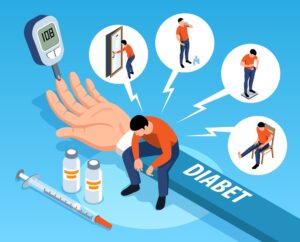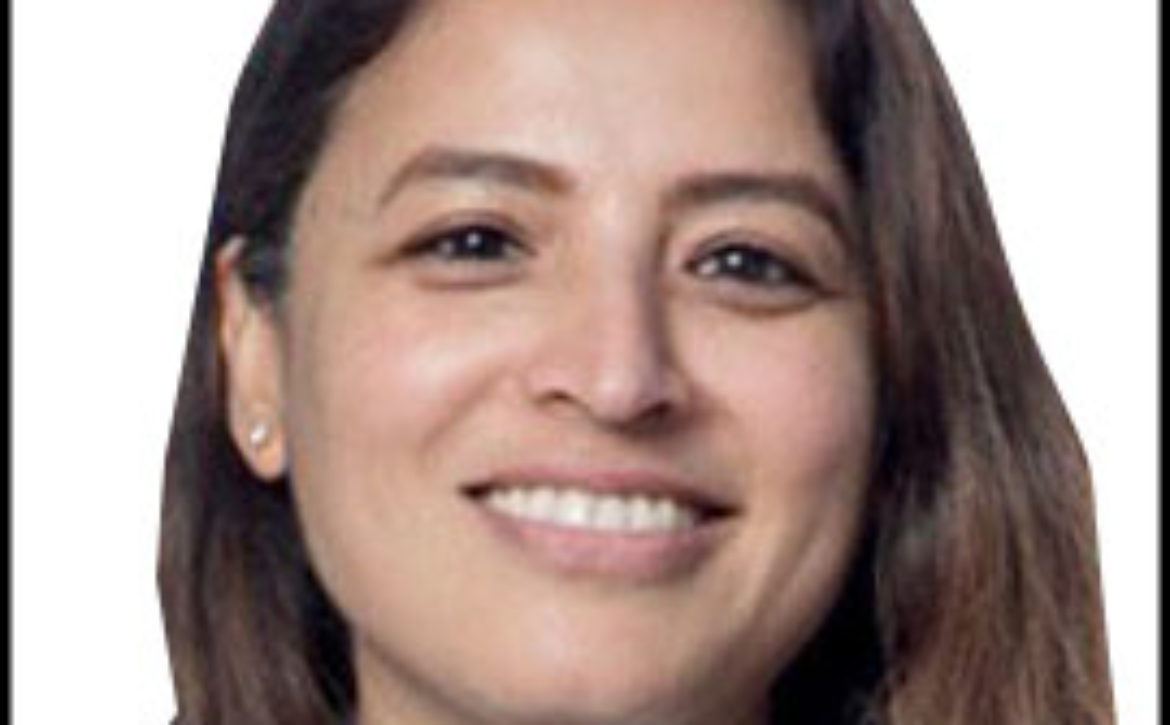Understanding Diabetes: Symptoms, Risks, and Prevention
Diabetes is a chronic health condition that affects millions of people worldwide. It occurs when the body either doesn’t produce enough insulin or cannot use it effectively, leading to high blood sugar levels. If left unmanaged, diabetes can lead to severe complications such as heart disease, kidney failure, and nerve damage. In this blog, we’ll explore the symptoms, risk factors, and ways to prevent diabetes, helping you take charge of your health.
What is Diabetes?
Diabetes is classified into three main types:
- Type 1 Diabetes – An autoimmune condition where the body attacks insulin-producing cells in the pancreas.
- Type 2 Diabetes – The most common type, where the body develops insulin resistance, often linked to lifestyle factors.
- Gestational Diabetes – Occurs during pregnancy and increases the risk of developing Type 2 diabetes later in life.
Common Symptoms of Diabetes
Many people with diabetes may not experience symptoms initially. However, some common warning signs include:

✅ Frequent urination
✅ Excessive thirst and hunger
✅ Unexplained weight loss
✅ Fatigue and weakness
✅ Blurred vision
✅ Slow-healing wounds
✅ Numbness or tingling in hands and feet
If you notice these symptoms, it’s essential to get tested for diabetes as early diagnosis can prevent complications.
Who is at Risk for Diabetes?
Several factors increase the risk of developing diabetes, including:
- Family history of diabetes
- Being overweight or obese
- Lack of physical activity
- Poor diet high in processed foods and sugars
- High blood pressure and cholesterol
- Age (more common in individuals over 45)
- Gestational diabetes history
How to Prevent Diabetes?
Although some risk factors like genetics cannot be changed, lifestyle modifications can significantly reduce the risk of Type 2 diabetes. Here are some essential prevention tips:
1. Maintain a Healthy Diet
A balanced diet rich in fiber, whole grains, lean proteins, and healthy fats can help regulate blood sugar levels. Limit processed foods, sugary drinks, and excessive carbohydrates.
2. Stay Active
Regular physical activity, such as brisk walking, yoga, or strength training, improves insulin sensitivity and helps maintain a healthy weight. Aim for at least 30 minutes of exercise most days of the week.
3. Monitor Blood Sugar Levels
Regular health checkups and blood sugar monitoring can help detect early signs of diabetes. If you have a family history or are at risk, schedule routine screenings.
4. Manage Stress and Sleep
Chronic stress and lack of sleep can contribute to insulin resistance. Practice stress management techniques such as meditation, deep breathing, or engaging in hobbies to keep your blood sugar levels in check.
5. Quit Smoking and Limit Alcohol
Smoking and excessive alcohol consumption increase the risk of diabetes and other related complications. Reducing or quitting these habits can significantly improve overall health.
Take Control of Your Health Today!
Early detection and management of diabetes can prevent severe health complications. If you are experiencing symptoms or have risk factors, schedule a consultation with our specialists at Sowa Healthcare today.
🔗 Visit Sowa Healthcare or call us to schedule your diabetes screening and consultation with Dr. Priyadarshini Yonzon & Dr. Sukanti Shah, our expert in diabetes, thyroid, and hormonal disorders.









